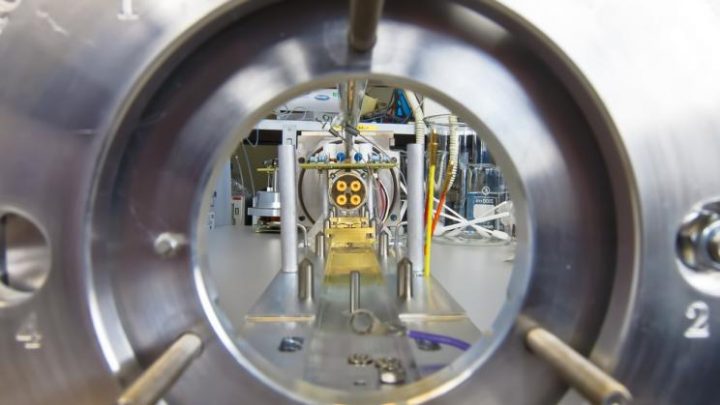By the Stockholm International Peace Research Institute.
New publication from the EU Non-Proliferation Consortium on the extraction of uranium from phosphate fertilizers and how past events and current international trade practices clearly demonstrate that better-informed export controls and end-user processes are required.
A historical and often overlooked source of uranium for weapons and nuclear power is the extraction of uranium from phosphate fertilizers. In this way, uranium can be acquired legally but in an undeclared fashion, invisible to international commerce and export controls.
The fertilizer industry is not normally seen as an industry that enables nuclear weapon acquisition through the use of dual-use equipment, but past events and current international trade practices, the authors argue, clearly demonstrate that better-informed export controls and end-user processes are required.
One example that the paper highlights is the production of 109 tonnes of uranium in Iraq, which was dedicated to a clandestine weapons programme. The equipment and processes used were European, supplied legally and openly. The International Atomic Energy Agency (IAEA) was unaware of the uranium extraction at the fertilizer plant and it is an important example of the dangers of supplying this technology to a country in the absence of proper export controls.
The paper recommends that European states and industry should be exceedingly careful not to provide uranium-bearing minerals to any state without ensuring that it is subject to IAEA safeguards. They should also ensure that nuclear material production technology is carefully monitored to verify that it is being used appropriately in the Non-Proliferation Treaty (NPT) states and especially in the nuclear weapon-possessing states outside the NPT.
Download the EU Non-proliferation Paper
About the authors
Robert Kelley (USA) is a licensed nuclear engineer. Early in his career, he managed nuclear weapon-related plutonium metallurgy research and the gas centrifuge programme at the Lawrence Livermore National Laboratory. Later in his career, he became a Director at the International Atomic Energy Agency and lead nuclear weapon non-proliferation efforts in countries such as Iraq, Libya, Pakistan and South Africa. He is a frequent journal contributor and a SIPRI Distinguished Associate Fellow.
Vitaly Fedchenko (Russia) is a Senior Researcher in SIPRI’s European Security Programme, responsible for nuclear security issues and the political, technological and educational dimensions of nuclear arms control and nonproliferation. He is the author or co-author of several publications on nuclear security, nuclear forensic analysis and treaty verification.
About the EU Non-Proliferation Consortium
Formed in Januray 2011, the EU Nonproliferation Consortium forms the core of a wider network of European nonproliferation think tanks and research centres which will be closely associated with the activities of the Consortium. The EU Nonproliferation Consortium is managed jointly by SIPRI and three other institutes—the Fondation pour la recherche stratégique in Paris, the Peace Research Institute in Frankfurt (HSFK/PRIF), and the International Institute for Strategic Studies (IISS) in London—in close cooperation with the representative of the High Representative of the Union for Foreign Affairs and Security Policy.






